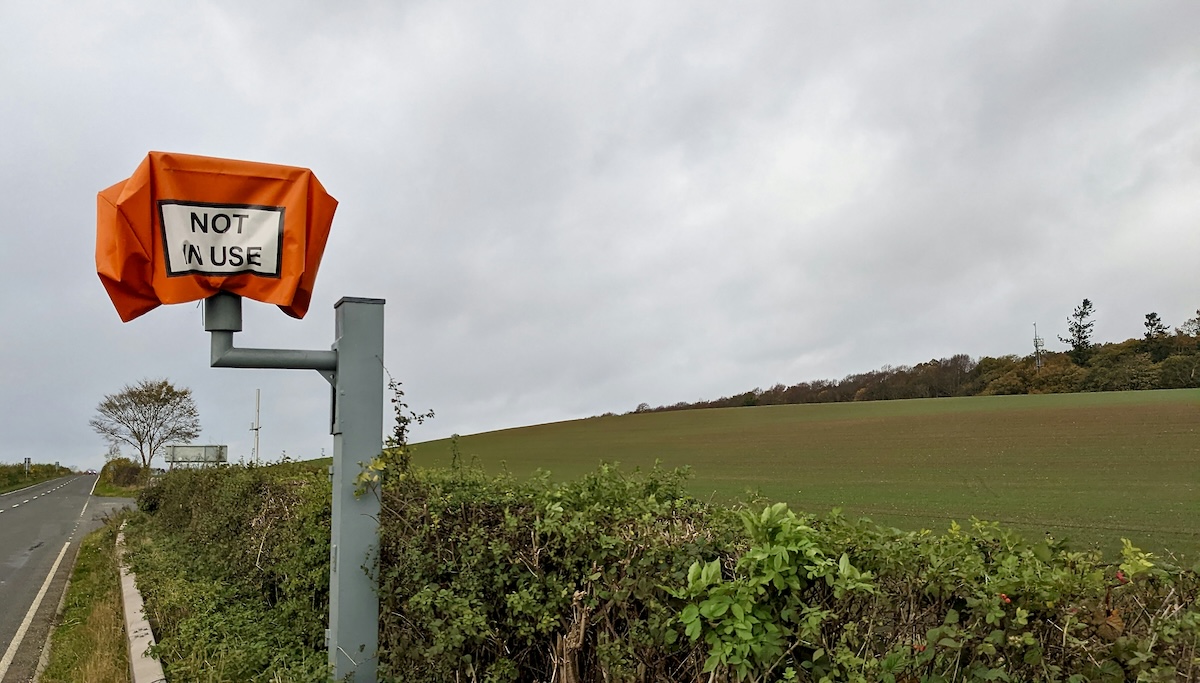
The fight against drink-driving in the UK has taken a significant step forward with the trial of AI cameras designed to spot drunk drivers.
These cutting-edge systems are being implemented for the first time, promising a revolutionary approach to improving road safety.
But how do they work, what can drivers expect, and what does this mean for the future of our roads? Let’s take a closer look.
Drink-driving remains a serious issue in the UK, despite decades of awareness campaigns and strict penalties. According to the Department for Transport, drink-driving was a factor in nearly 6,000 road traffic accidents in 2022.
With AI technology now being brought into the mix, authorities hope to significantly reduce these numbers.
AI cameras are a proactive solution to tackle drink-driving before accidents occur. Unlike traditional breathalyser checkpoints, which require police officers to stop and test individual drivers, these AI cameras operate autonomously, scanning vehicles in real time to detect signs of impairment.
The technology behind these AI cameras is both advanced and fascinating. Using a combination of high-resolution imaging, machine learning algorithms, and sensors, these cameras can identify behaviours often associated with drunk driving.
For example, they can detect:
If the AI detects potential impairment, it flags the vehicle for further investigation. This means that police officers can then intervene and conduct a traditional breathalyser or drug test if necessary.
The rollout of these AI cameras is currently in its pilot phase, with selected areas in the UK trialling the technology. Initial deployment focuses on regions with higher rates of drink-driving incidents or accident hotspots. If successful, the technology could be expanded nationwide.
Motorists travelling through these trial zones won’t need to worry about intrusive checks or constant monitoring. The cameras are designed to work discreetly, focusing only on identifying signs of impaired driving behaviour.
As with any new technology, the introduction of AI cameras has raised questions about privacy. How much information do these cameras collect, and how is it used?
Authorities have been quick to reassure the public that the system is designed with privacy in mind. The AI cameras focus solely on detecting signs of impairment and do not record or store data on law-abiding drivers. Any footage flagged by the AI is reviewed by trained officers, ensuring human oversight before any action is taken.
Additionally, all data collected is subject to strict regulations under the UK’s data protection laws, including GDPR, meaning it can only be used for its intended purpose of improving road safety.
For most UK drivers, the introduction of AI cameras won’t have any noticeable impact on their day-to-day driving. The technology is aimed squarely at those who pose a risk to others by driving under the influence.
However, it does serve as a timely reminder to prioritise road safety. If you’re planning to drink, make alternative travel arrangements, such as using a taxi, public transport, or a designated driver. With AI cameras making it harder than ever to evade detection, the risks of getting caught—and the consequences—are far too high to ignore.
The rollout of AI cameras marks a new chapter in the UK’s efforts to combat drink-driving. By harnessing advanced technology, authorities hope to not only catch offenders but also act as a deterrent, discouraging people from driving under the influence in the first place.
While it’s too early to predict the full impact of these AI systems, the initial trials are promising. Similar technologies used abroad have already shown their potential, with significant reductions in drink-driving incidents reported in countries like Australia and the US.
AI technology is rapidly transforming the way we approach road safety. From detecting mobile phone use at the wheel to identifying speeding vehicles, AI cameras are becoming increasingly common. The addition of drunk-driving detection is just another step towards creating safer roads for everyone.
As this technology continues to evolve, it could pave the way for more sophisticated systems capable of identifying other risks, such as fatigued or distracted drivers. The ultimate goal? To make our roads as safe as possible and prevent avoidable tragedies.
For most drivers, these cameras are nothing to fear—in fact, they’re something to welcome. By making our roads safer, they help ensure that every journey, whether in a modern vehicle or a cherished classic car, is as enjoyable and hazard-free as possible.
At White’s Bodyworks, we’re always interested in developments that make driving safer and more enjoyable. Whether you’re restoring a classic car or preparing for your next road trip, we’re here to help keep your pride and joy roadworthy and looking its best.
Stay safe out there and remember—don’t drink and drive.
